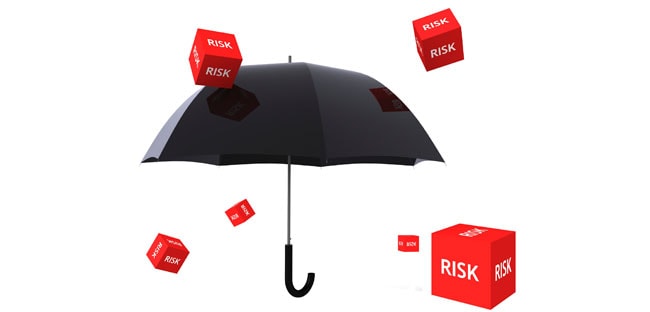How to not to loose with investments? Of course, zero risk is relative notion. We are going to talk about bank deposits, but with unconventional touch. The bank should be with a good rating and situated in a country, that annually makes payments on government bonds. Some of these countries: Germany, Austria, Switzerland, UK, USA, Australia… In general, you need to check the following terms:
- Security for your funds as all deposits and interest pays are insured by the state
- You should have a proper amount of money for investment
- The bank and state ought to have good rating (preferably BBB and higher)
Well, let me show the European Union as an example. Deposits and investments as well as interest pays ensured up to 100 000 EUR or equal amount in other currency. In other words, if you have 10 000 EUR on your account and the bank is bankrupt, the state returns you 10 000 EUR. If you had 100 000, you’ll be returned 100 000, but if you had 110 000 – you could get maximum 100 000 refund. So, if you have more money and you don’t want to risk (and what for?) you should break your sum into smaller amounts till 100 000 and invest in different banks. For example, you have 190 000 EUR, invest 100 000 in bank A in Germany, and 90 000 in bank B in France.
Now about the idea itself about risk management. Let’s assume, the bank is offering annual 5% (as an example) EUR deposit rate. You have 100 000 EUR you don’t need in this moment. If you invests 95 240 EUR on 5% annual, then by the end on year you’ll get 100 000 EUR. That’s out beginning sum. We don’t loose and the sum is ensured. We don’t consider inflation risk here, just think of this investment as intelligent savings. Also, we don’t take into account taxes on capital gain, which exists in most of countries. Anyway, it is still a profitable idea.
Thus, after making the deposit, we are left with 4 760 EUR (100 000 EUR – 95 240 EUR) and we need to decide what to do with it. There are plenty of variations. Personally, I recommend to invest in stocks ( stocks are portion of the ownership of a corporation. If you are planning to make your own business in future, it would be good way to join some company), but do not hurry. Study carefully the company, it’s history, reports, financial flows before buying company’s stocks. Successful investments can bring high percents.
Let’s assume, your stocks price has grown up 50% in 1 year. Now we have 4 760 + 50%= 7 140 EUR. Plus our deposit, which is going to be 100 000 EUR by the end of the year. In result we have 107 140 EUR or 7,14% (profit + starting investments with zero risks). Actually, your only risk is 0 profit and inflation. Take into account the compound interest, that could make you even richer if you decide to repeat the same investment next year. You can invest in government bonds instead of bank deposits. The terms and conditions are the same.
Recommendations. Invest in deposits in the same currency you regularly make payments to avoid foreign currency risks.






